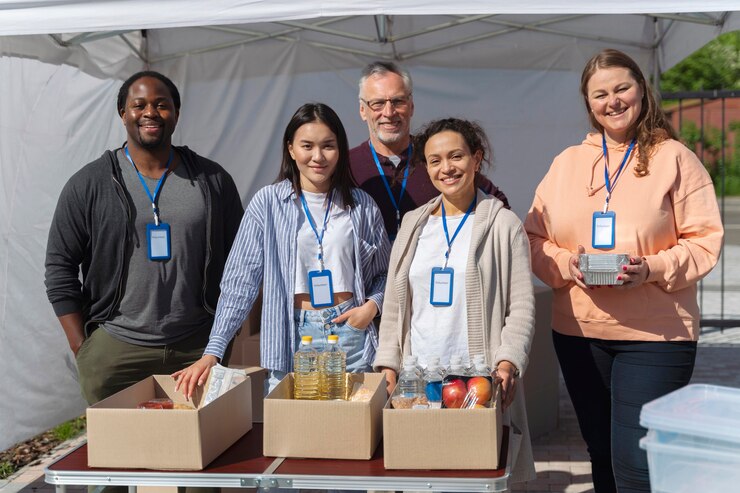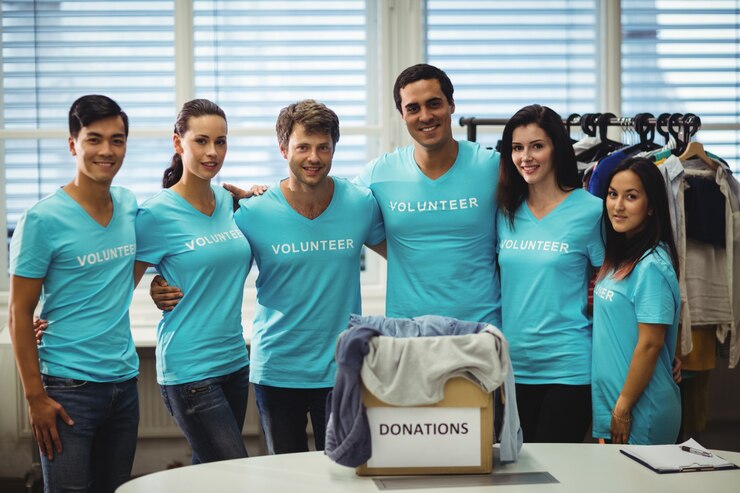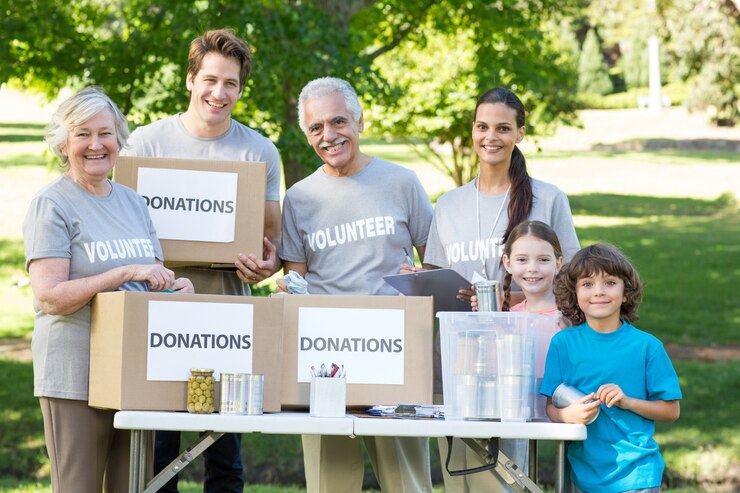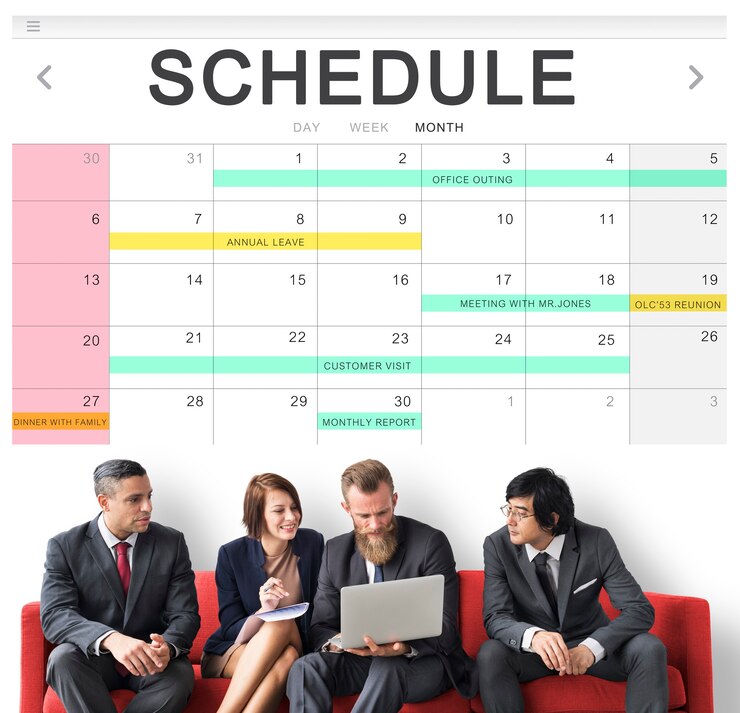Microfinance grants for women entrepreneurship in USA
Microfinance grants for women entrepreneurship in USA
Submit your Nominations for Country Director on info@aiuno.org
Supporting women’s entrepreneurship through microfinance is a critical way to promote economic empowerment and gender equality. In the USA, there are various sources of grants and funding opportunities specifically designed to empower women entrepreneurs. Here are some options for microfinance grants aimed at women’s entrepreneurship:
- The Women’s Business Centers (WBCs): The U.S. Small Business Administration (SBA) provides grants to Women’s Business Centers across the country. These centers offer training, counseling, and access to capital for women-owned businesses, including microloans. NGOs partnering with or running WBCs may receive funding through these grants.
- Accion Opportunity Fund: Accion Opportunity Fund is a nonprofit organization that provides microloans and financial support to underserved entrepreneurs, with a focus on women and minority-owned businesses. NGOs can partner with Accion or apply for their grants and programs to support women entrepreneurs.
- Local Community Development Financial Institutions (CDFIs): Many CDFIs offer financial products and support for women-owned microenterprises. NGOs can partner with or seek funding from these CDFIs to expand microfinance opportunities for women entrepreneurs in their communities.
- Kiva U.S.: Kiva is a global microlending platform that connects entrepreneurs with lenders. Through Kiva U.S., women entrepreneurs can access crowdfunded microloans. NGOs can collaborate with Kiva to support and promote these funding opportunities for women-owned businesses.
- The Tory Burch Foundation: The Tory Burch Foundation provides grants and resources to support women entrepreneurs. They focus on helping women gain access to affordable loans and grow their businesses. NGOs with similar missions can explore partnership or funding opportunities.
- Local Women’s and Community Foundations: Many local women’s and community foundations offer grants and resources to support women’s entrepreneurship. Research and connect with these foundations in your region to find potential funding partners.
- Women’s Economic Empowerment Initiatives: Look for federal, state, and local government initiatives promoting women’s economic empowerment. Some of these programs may offer grants or funding opportunities that align with microfinance for women entrepreneurs.
- Philanthropic Organizations: Philanthropic organizations that focus on women’s issues, entrepreneurship, and financial inclusion may provide grants to NGOs working to support women entrepreneurs through microfinance.
- Corporate Social Responsibility (CSR) Programs: Some corporations have CSR programs that support women’s economic empowerment. NGOs can explore partnerships or grant opportunities with companies that share their mission.
- Online Grant Databases: Utilize online grant databases like GrantWatch, Foundation Center, or Candid (formerly GuideStar) to search for grants and funding opportunities specifically targeted at women’s entrepreneurship and microfinance.
When seeking microfinance grants for women’s entrepreneurship, it’s crucial to align your proposals with the specific objectives and priorities of the funding source. Ensure that your NGO demonstrates a clear commitment to advancing women’s economic empowerment and has a well-defined strategy for supporting women entrepreneurs through microfinance. Additionally, carefully follow the application guidelines and deadlines of each funding opportunity you pursue.
Climate solutions accelerator program
American jewish world services
Women’s peace and humanitarian fund
Business plan tools for startups
Internally displaced persons ukraine








